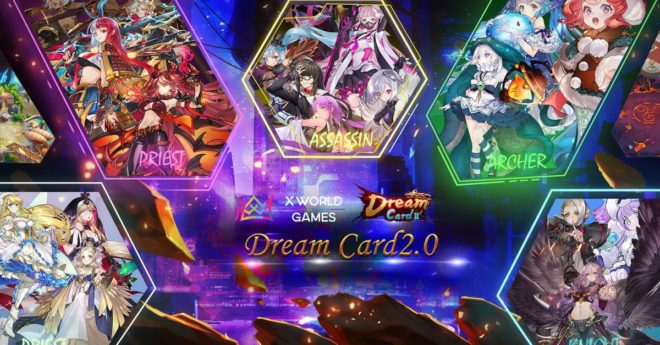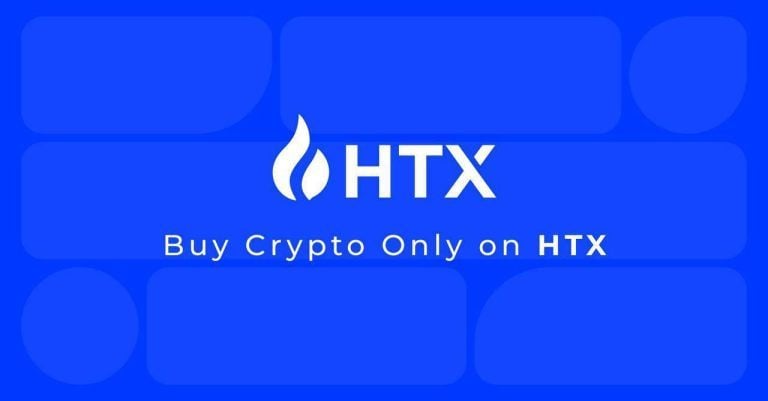The blockchain gaming eco-system is rapidly evolving with new developments all the time in crypto (play-to-earn), NFTs (digital assets), and social-fi (individual de-fi). On a wider scale, a parallel can be drawn – how Las Vegas was built. At first, there was one bistro with a few slot machines and poker tables. Then more places opened with new games to play, and all winnings could be cashed out and then re-staked at each one of them. That fluidity cultivated the whole eco-system.
Another parallel would be the growth of alternative asset classes such as financial derivatives, which confer both value and utility to their users. These tend to arrive during periods of uncertainty and over time become investable in their own right. The same is being applied in the crypto gaming space, only that it’s still at an early stage.
X World Games (XWG) is one of earliest movers in this new ecosystem and has already opened its second playhouse. XWG’s Dream Card 2.0 and Dream Card1.0 are both getting makeovers. XWG’s eco-system is the first and only cross-platform, cross-play crypto gamefi ecosystem that operates two games on both Web2.0 and Web3.0. In doing so, XWG has been building and leading the global development of game-fi and NFT systems.
When a new eco-system starts to sprout, it is usually accompanied by a social aspect. This is happening in the gamefi world as well. XWG’s DAO, and its X-Trader and X-Creator initiatives, allow individuals to migrate from Web2.0 to Web3.0. XWG’s marketplace trading, the options provided with NFT creations and content creation all show the many ways that users can take part. It also explains why so many new participants are rushing in.
Dream Card 1.0 and 2.0
Dream Card 2.0 is a strategic trading card game. Players collect hero NFT cards by direct purchase or mystery box opening in the marketplace, and use them to challenge different adventure levels, acquire token rewards, and get better chances to win gaming equipment and lottery tickets.
Dream Card 2.0 is a different game-play mode to Dream Card 1.0 (namely player versus environment not player vs player). But the two games interflow and all game assets that have been acquired in Dream Card 1.0 are secured on 2.0. On top of this, game assets in 2.0 are enhanced and enriched by introducing new NFTs that generate players more revenues with more outlets.
Take lottery for example, it is a brand-new design and first of its kind in crypto games- upon completing each and every level and regardless winning or losing, players will get a chance at winning a lottery for their lucky draw at the Prize Pool.
As Dream Card2.0 is getting ready for launch, Dream Card1.0 is also undergoing a patch update designed to optimize its gameplay and earning mechanisms. The update is based off all the data collected and analyzed since the game’s launch as well as specific test data feedback from players.
The two games are rooted in the same eco-system and therefore they are able to communicate “back and forth”, coexisting with secured and transferable game assets and co-evolving with new designs implemented- the new lottery implantation in Dream Card2.0 will be feeding back into Dream Card1.0 at a later stage. X World Games is taking the lead in constructing the first cross-game, cross-play and cross-platforms metaverse by actualizing interflow and infrastructure in their eco-system.
While the move from Dream Card 1.0 to Dream Card 2.0 might not sound that much of an expansion, it is a crucial first step of eco-system development with a richer environment, more assets, greater asset valuations and full fungibility of those assets. The parallel with Las Vegas can again be seen with how the ability to win – the financial incentive – must be matched by the ability to be entertained and to feel part of a group – the social incentives. Bringing these financial and social incentives together attract new participants, which in turn increase both the financial and social rewards. This is a virtuous circle where supply actually creates demand and will ensure the rapid expansion of the gamefi universe.




